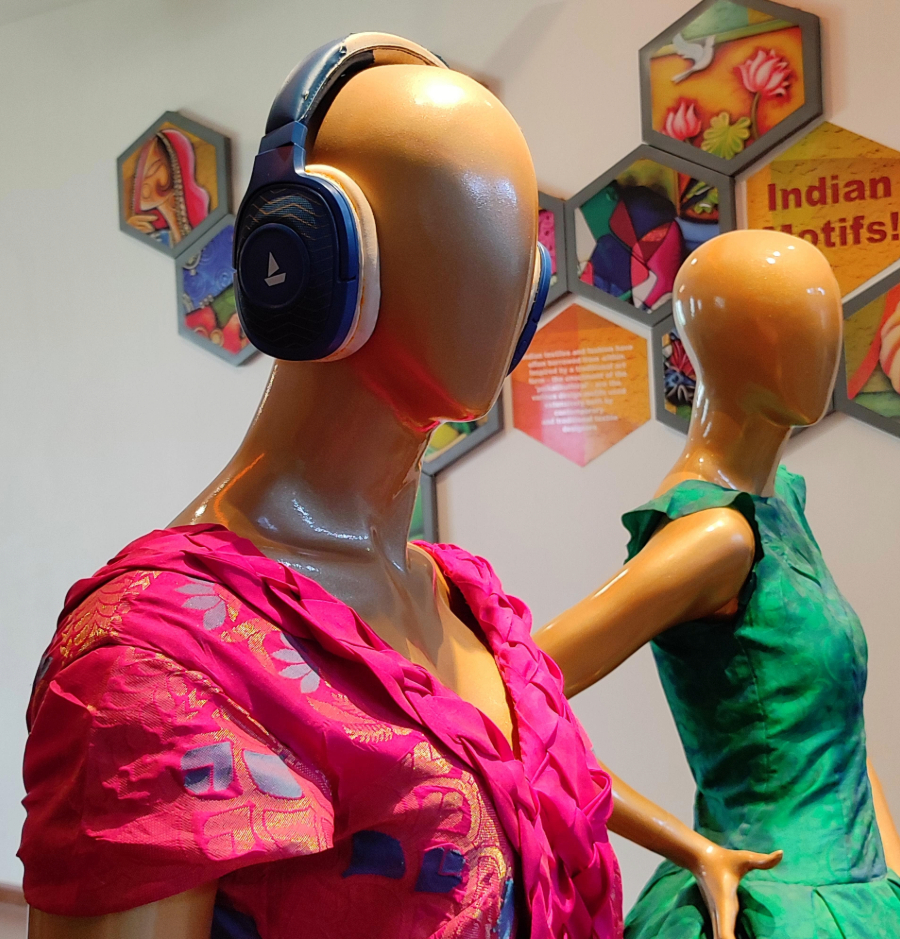Future of GenAI in Apparel Industry
The Apparel Industry is one of the fastest growing industries worldwide which gives high job opportunities for ranging from highly skilled designers to unskilled labours. Generative AI is one of the impactful technologies that emerged and growing and the world towards automation. In the Fast fashion era where the industry faces major issues in sustainability, labour exploitation, supply chain efficiency, promotion, design exploration, popularity, brand awareness and so on can be diminished by incorporating GenAI in various operations in the Industry. GenAI can be adapted in the design house in a further more effective way in the future by aiding as a tool to make trial and error and come up with the best solution and designs in an optimized manner that promotes sustainability. GenAI can be incorporated in the industrial engineering and planning process to very much reduce time and bring optimal output in the arrangements and automation to assist humans. It can further plan to allocate the labours according to their skills and ability to work in a particular process to reach the optimal production without any delay.
Material sourcing and shipment is the two ends of an apparel production process. GenAI can be built in such a way that aids in the easy sourcing of raw materials worldwide and shipment of finished goods worldwide by predicting the demand and ability to produce and choose an optimal solution for the smooth functioning of the system without and disruption.
The apparel industry is one of the most competitive industries in pricing the end products which uses a dynamic pricing system. GenAI can be adopted in this process to do a competitor analysis in pricing and suggest or change the price automatically without any human interaction and analysis which could be very helpful for the fast fashion industry.
- Using AI to Automate Repeated Operations
A company uses AI to automate tedious jobs and incorporates automation into current processes to handle routine duties. It improves operations management efficiency by lowering errors and freeing up staff members for more difficult jobs. - Improving Precision and Reducing Human Errors
AI utilization also lowers human error rates, which is essential for increasing operations management efficiency. Making decisions based on accurate real-time information can be aided by this. AI algorithms can also spot differences in quality control, where accuracy is crucial, and detect them.
Quality control is an important sector that is responsible for the smooth functioning of the industry as a whole. GenAI can be implemented as a part of quality control where it can automatically detect the defects by incorporation with IOT and could give the most optimal outcome with reduced human error.
The rise in textile production and consumption in recent years can be attributed to the spread of fast fashion and disposable culture. Sadly, only a small portion of textiles and apparel are recycled, meaning that textile waste is a big worldwide issue. Most of them end up in landfills. AI provides creative answers to various waste management problems. in the application of an intelligent knowledge-based system for environmentally friendly waste management. This thorough method examines several aspects of garbage processing, transportation, and collecting. Additionally, it takes into account important aspects of sustainable development like health, happiness, clean water, and climate change.
While experimenting with fundamental AI and other cutting-edge technologies like digital IDs, augmented or virtual reality, nonfungible tokens (NFTs), and the metaverse, the fashion industry has not had much experience with generative AI. Although there are still many unanswered questions regarding this developing technology, it is clear that it has the ability to develop swiftly and completely transform a variety of industries. A McKinsey study suggests that generative AI may increase operating profits in the luxury, fashion, and apparel industries by up to $275 billion. Over the next three to five years, however, that number could drop as low as $150 billion. Generative AI creates new opportunities for creativity, such as co-designing and content acceleration.
Finally, generative AI is not just automation—it’s about augmentation and acceleration. Giving fashion industry experts and creatives access to technology tools that enable them to complete certain activities significantly faster will allow them to devote more of their time to duties that are unique to humans. It also entails developing mechanisms to provide better customer service. This is where you start.
Source

